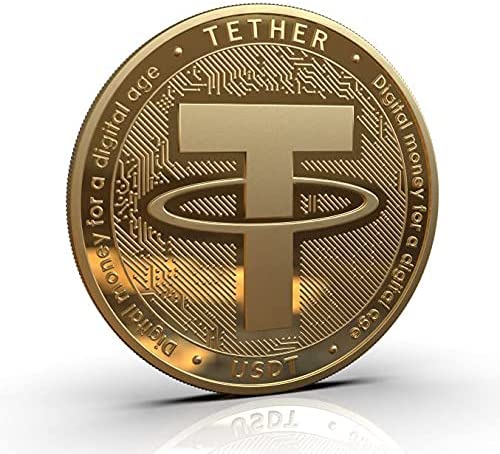
“The Polygon ecosystem has witnessed historical growth this year and we believe Tether will be essential in helping it continue to thrive.”

Tether Operations Limited has launched Tether tokens (“USDt”) on Polygon (formerly MATIC) in a milestone moment as it offers a new stablecoin option for more than 8,000 teams building on Polygon.
The company operating the blockchain-enabled platform tether.to, which powers the largest stablecoin by market capitalization of over US $73 billion, is thus going forward with supporting Polygon’s DeFi ecosystem as investors look for a stable currency as they generate yield, and move in and out of the network.
Polygon is a “layer two” scaling solution that runs on top of the Ethereum blockchain and is famous for its speedy transactions and low fees. The network boasts over 19,000 decentralized applications (dApps) and has processed over 1.6 billion total transactions, with over 142 million unique user addresses and over $5 billion in assets safeguarded, according to the network.
Tether is an industry pioneer as it brought the concept of stablecoin to the digital asset ecosystem and remains the most widely adopted stablecoin, which is now live on a total of eleven networks, including Kusama, Ethereum, Solana, Algorand, EOS, Liquid Network, Omni, Tron, and Bitcoin Cash’s Standard Ledger Protocol.
Paolo Ardoino, CTO at Tether, said: “We’re excited to launch USDt on Polygon, offering its community access to the most liquid, stable, and trusted stablecoin in the digital token space. The Polygon ecosystem has witnessed historical growth this year and we believe Tether will be essential in helping it continue to thrive.”
Created in October 2014, Tether has grown to become the most traded cryptocurrency. Despite Tether’s huge popularity within the crypto space, the firm operating the stablecoin has been under fire for possible bank fraud, with the US Justice Department reportedly investigating whether executives concealed transactions linked to crypto from banks during its early days.
Last year, the New York Attorney General ordered Tether to shut down operations in the state because of alleged false statements about the backing of the 1:1 backing with the US Dollar.
Tether and sister company Bitfinex were ordered to disburse $18.5 million in penalties, in addition to requiring a number of steps to increase transparency. In the meantime, they will cease any further trading activity with New Yorkers.
Addressing the UK government’s plans to recognize stablecoins as a form of payment, Alpay Soytürk, Chief Regulatory Officer at Spectrum Markets, explained the ongoing criticism over stablecoins, which the Chancellor of the Exchequer intends to make a legal tender.
“The problem with stablecoins is their – unknown or insufficient or both – reserves. It’s not without irony that the greatest critics of a ‘Central Bank Establishment’ that blame the US Fed for unpegging the US dollar from gold or central banks in general for their currency monopolies do not have similar concerns with Tether. As most of us remember well from the Lehman collapse in 2008 – and its ramifications – it’s not the size of an asset class that is important for the potential impact on financial market stability and integrity but rather its interconnectedness. Given the increasing number of private households engaging in crypto-assets, this should be given some consideration.”
“In summary, discussions on the potential of the distributed ledger technology remind me a bit of Tesla. Publicly, it seems that there are just polarising camps of believers or haters while a quiet majority just makes decisions based on reason and preferences. This majority enjoys the protection of prudent regulation and in that context, I expressly welcome the FCA’s recent statements.”
This news is republished from another source. You can check the original article here

Be the first to comment